Doha, Qatar – In a historic meeting at Lusail Palace, President Paul Kagame of Rwanda and President Félix Tshisekedi of the Democratic Republic of Congo (DRC) sat across from each other in an attempt to resolve long-standing tensions. Hosted by Qatar’s Emir, Sheikh Tamim bin Hamad Al Thani, the talks provided a neutral ground for African leaders to engage in meaningful dialogue, free from Western influence.
Unlike previous summits overshadowed by international interference, the meeting in Doha was different. There were no forced handshakes for the cameras, no foreign envoys claiming credit, and no political grandstanding. Instead, it was a rare moment of direct African engagement, where leaders addressed their issues without the weight of external pressures.
The question remains—why did two African leaders need to seek mediation in a distant Gulf nation rather than among their own peers on the continent? The absence of an African-led peace initiative underscores the continent’s struggles with self-reliance in conflict resolution.
President Kagame arrived in Doha with a clear agenda: security for Rwanda and the broader Great Lakes region. His concerns centered on the presence of the Democratic Forces for the Liberation of Rwanda (FDLR)—a group linked to the 1994 genocide—within Congolese territory. He emphasized that Rwanda would not compromise on security matters, reinforcing his stance that peace must be rooted in addressing the root causes of instability.
His statement following the meeting was direct: “Security guarantees for Rwanda and the region.” It was not a request but a firm declaration of necessity.
In contrast, President Tshisekedi’s approach leaned on diplomatic formalities, with his delegation discussing ceasefires and procedures while avoiding direct mention of the FDLR or the March 23 Movement (M23)—a key element in the ongoing conflict. Critics argue that his stance reflects the continued influence of Western powers, who see the DRC as an economic hub rather than a sovereign nation free to determine its own future.
Despite being one of Africa’s most resource-rich nations, the DRC has remained vulnerable to foreign exploitation. The meeting in Doha highlighted the deep divide between Kagame’s insistence on self-reliance and security, and Tshisekedi’s struggle to balance internal challenges with external pressures.
The choice of Doha as the venue for this critical meeting raises significant geopolitical questions. Historically, the West has positioned itself as the primary mediator in African conflicts, often imposing conditions that serve its own interests. However, Qatar’s role in facilitating these discussions suggests a shift—one where African leaders seek alternative platforms to resolve disputes without external manipulation.
Qatar has emerged as a trusted mediator, offering a space where adversaries can negotiate without coercion. This approach challenges the traditional Western narrative, which often portrays the Arab world as a region of instability rather than one of diplomatic progress.
The meeting in Doha is a reminder that Africa must reclaim its ability to solve its own problems. Historically, African leaders resolved disputes through dialogue under the great trees of their ancestors. Today, they find themselves negotiating in foreign lands, a reality that underscores the continent’s need for stronger regional leadership.
For Kagame, the mission remains clear—Rwanda will not allow history to repeat itself, nor will it bow to external pressures. The question now is whether Tshisekedi will seize this opportunity to break free from the cycle of dependency and redefine Congo’s future.
As the world watches, one thing is certain: Africa must chart its own path, with or without the approval of former colonial powers.


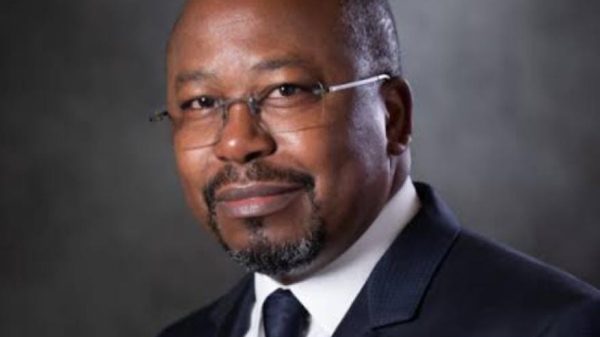
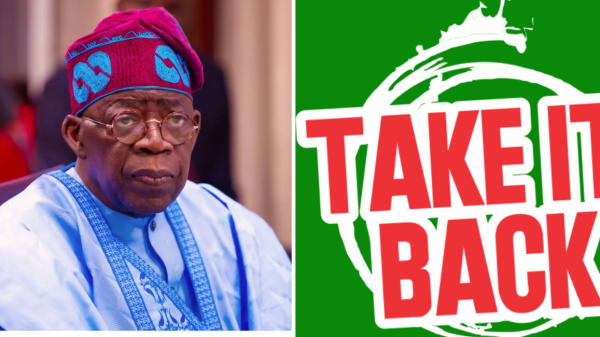



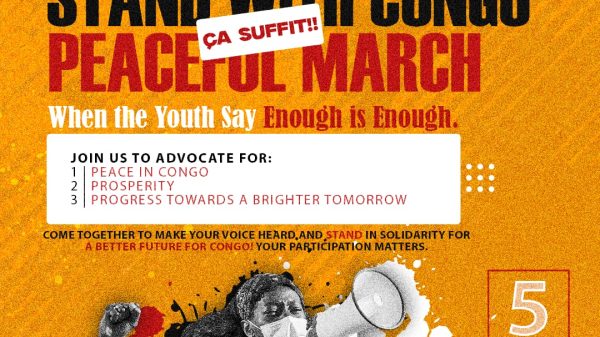
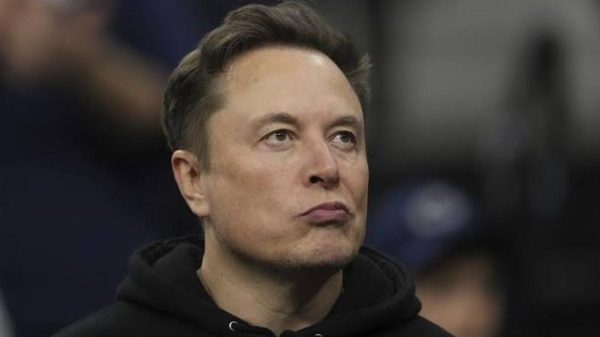
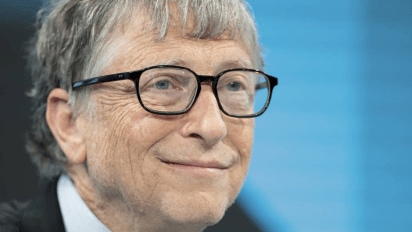
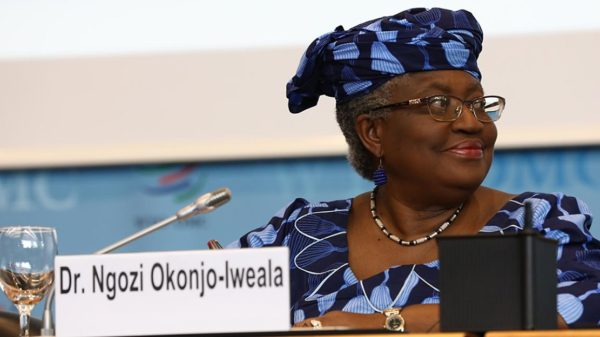



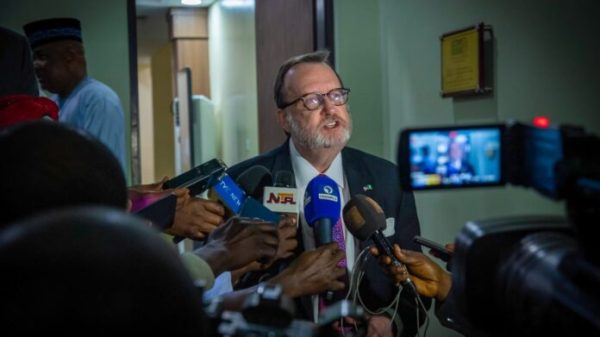




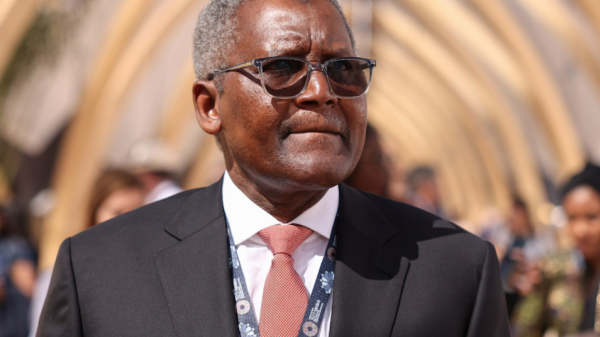
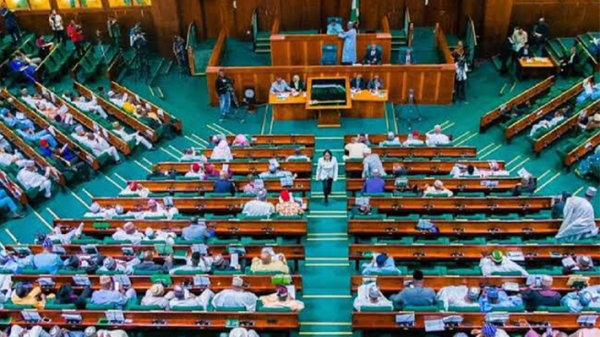











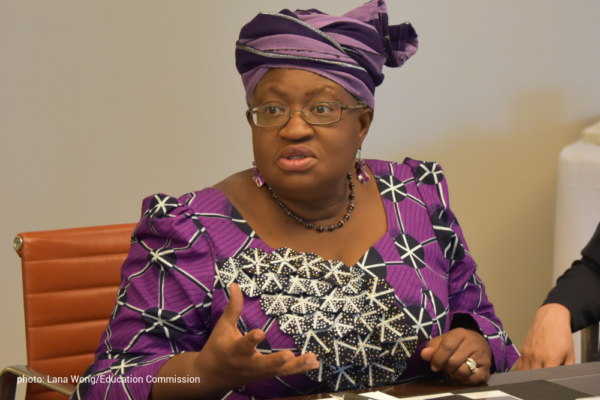






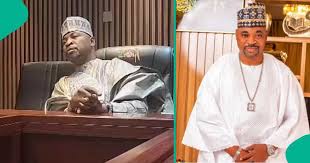



















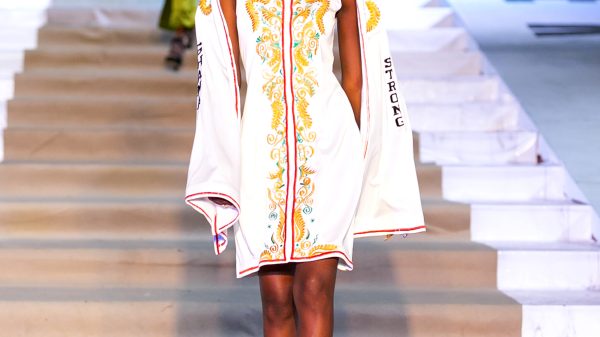



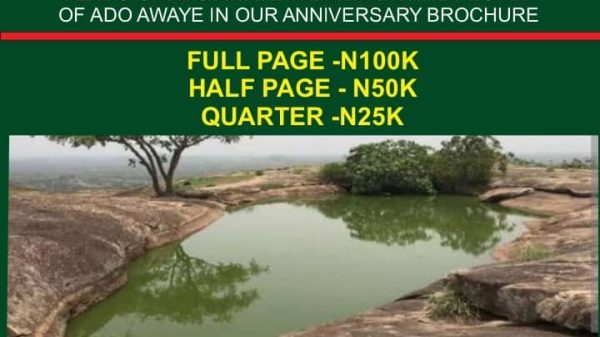
















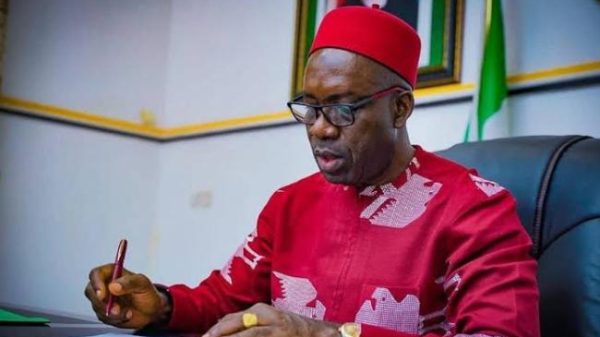
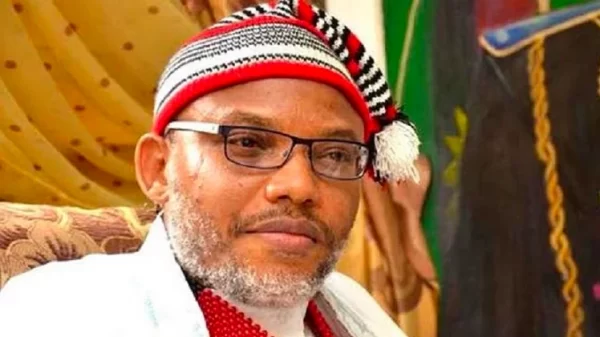



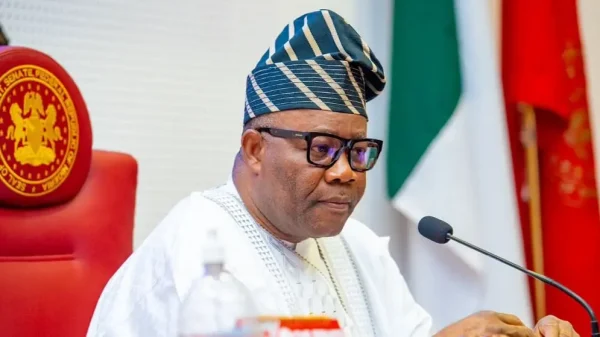


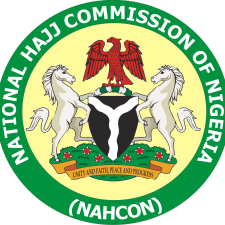


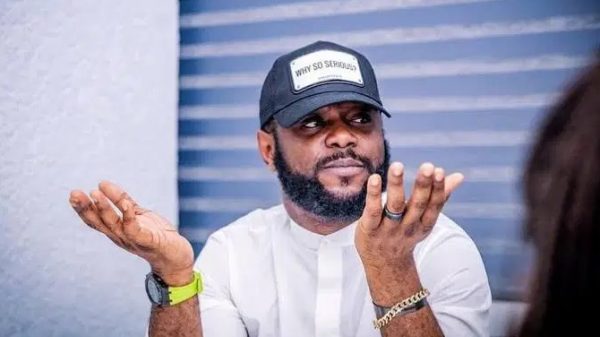
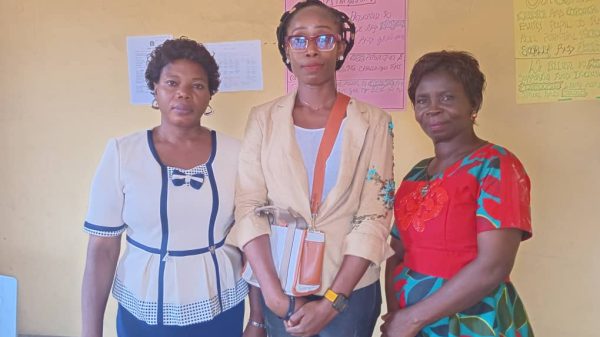
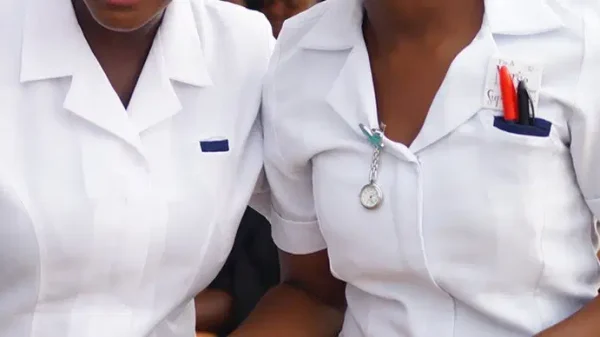













Frank
March 20, 2025 at 9:26 pm
The Doha talks highlight a crucial moment for African diplomacy, yet they also expose a longstanding challenge—the continent’s struggle to provide a truly independent and neutral ground for its own peace negotiations. I think that Africa is not a safe ground for neutral talks, as there are too many spies who come as brothers yet work for the interests of the colonial masters. This reality has repeatedly undermined African-led solutions, forcing leaders to seek mediation in foreign lands.
While Qatar’s facilitation may offer a space free from direct Western interference, it also raises concerns about Africa’s continued dependence on external actors for conflict resolution. True sovereignty means having the capacity to resolve internal disputes without external manipulation. Until Africa strengthens its institutions and safeguards its negotiations from hidden agendas, it will remain vulnerable to those who claim to support its progress while secretly serving external interests. The path to unity and self-reliance must begin with reclaiming the ability to solve our own problems, on our own soil, through our own means.
My thought